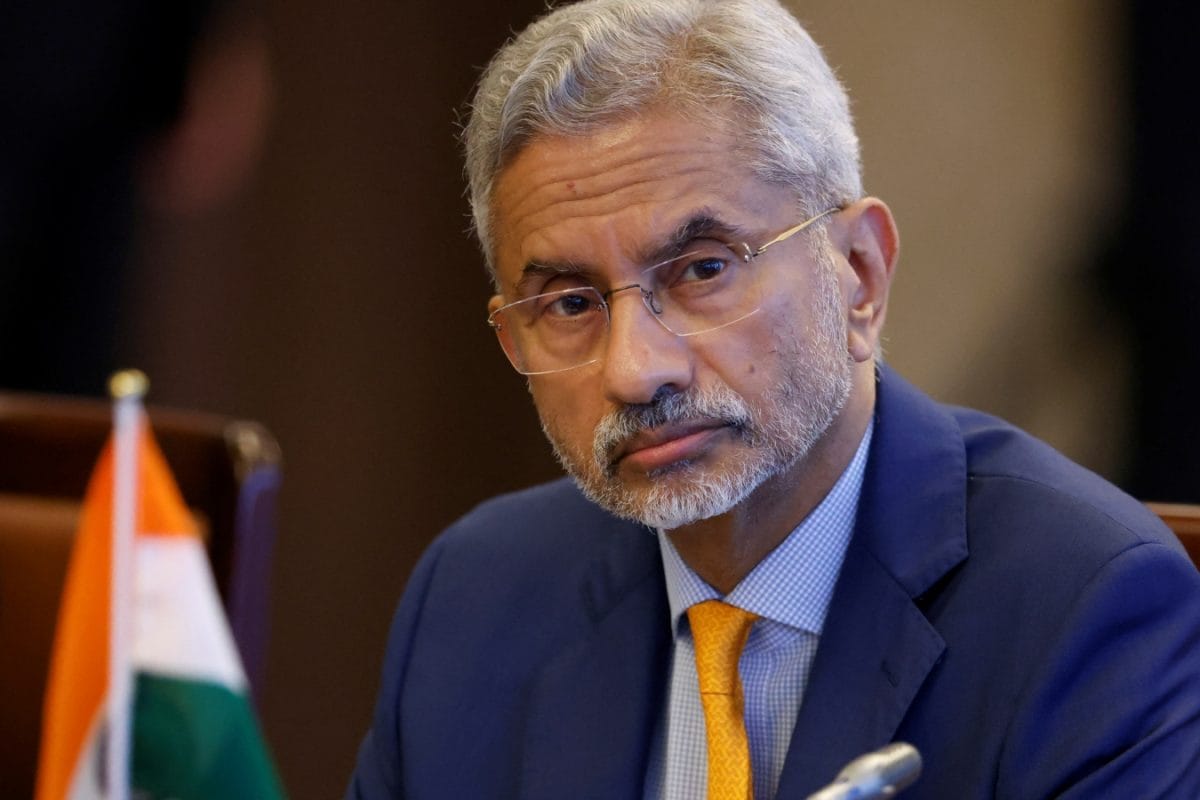

Amid escalating tensions between India and Pakistan, External Affairs Minister S Jaishankar has asserted that India has no intention of escalating the situation, but warned Pakistan of a "very, very firm response" to any military attacks. This statement comes in the wake of India's "Operation Sindoor," a series of precision military strikes against terrorist hideouts in Pakistan and Pakistan-occupied Kashmir (PoK).
Operation Sindoor was launched by the Indian Armed Forces in response to a terror attack in Pahalgam on April 22, which resulted in the deaths of 26 civilians. India has accused Pakistan of harboring terrorists involved in the attack, a charge Pakistan denies. The operation targeted nine locations across the regions, with four strikes in Pakistan, including Bahawalpur, Muridke, and Sialkot, and five in PoK.
Jaishankar emphasized that India's response was "targeted and measured". Speaking at a meeting with Iranian Foreign Minister Seyed Abbas Araghchi, Jaishankar stated that India was compelled to act against "cross-border terrorist infrastructure" following the "particularly barbaric" attack in Pahalgam. He conveyed that Araghchi was visiting during a period when India was responding to the terrorist attack.
The strikes mark the first time since the 1971 war that the Indian armed forces have targeted Pakistan's Punjab province. Pakistan's military has reported casualties and Prime Minister Shehbaz Sharif has vowed to "avenge the blood of our innocent martyrs". The Pakistani government has reserved the right to respond to India's military strikes "at a time, place, and manner of its choosing".
Tensions between the two countries have been escalating since the Pahalgam attack, with exchanges of gunfire between Indian and Pakistani troops along the Line of Control (LoC), the expelling of diplomats and nationals, the closing of airspace to each other's airlines, and the suspension of trade. The Pakistan Army has also been accused of resorting to heavy shelling in several sectors along the LoC in Jammu and Kashmir, which the Indian Army has responded to effectively.
The international community is closely monitoring the situation. UN Secretary-General António Guterres has offered his support to de-escalate the tension between India and Pakistan. China has expressed concern and urged both sides to exercise restraint.
India has made it clear that it views the key issue between the two countries as the vacation of Pakistan-occupied Kashmir (PoK) by Islamabad and the abandonment of its "long-standing attachment to terrorism". Jaishankar has asserted that Pakistan's policy of cross-border terrorism will never succeed and will have consequences. He conveyed to Saudi Arabia's Minister of State for Foreign Affairs, Adel Aljubeir, India’s perspectives on firmly countering terrorism.
As the situation unfolds, the world remains on edge, hoping for de-escalation and a return to stability in the region.